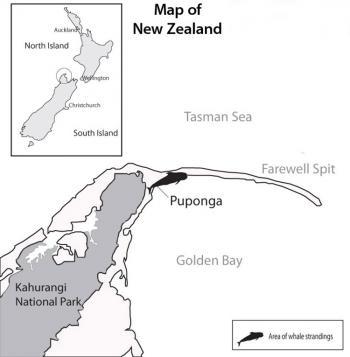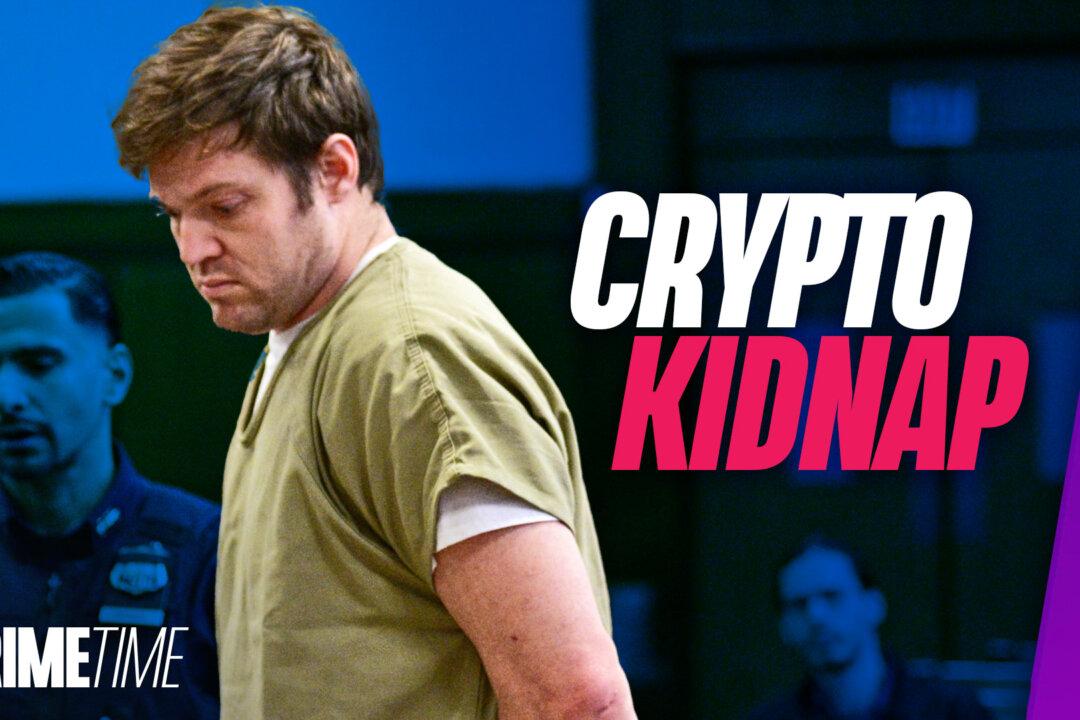For now, the pilot whales that were most recently stranded on a remote beach in Puponga, New Zealand, appear to be safely out at sea. But the local office of the Department of Conservation (DOC) and whale protection organization Project Jonah will continue to monitor the situation closely.
On Jan. 20, 24 pilot whales stranded themselves on a beach at the northwest tip of New Zealand’s South Island. None of the whales survived, according to Project Jonah. Ten of the whales were already dead by the time the DOC arrived and the remaining 14 had to be euthanized because they couldn’t be rescued.
Two weeks later, 70 or more whales, which Debbie Neale, a ranger at the Golden Bay Area DOC, guesses were from the same pod, washed up again. While a few died, the majority made it back to sea on the overnight high tide.
The following day, however, Project Jonah reported that 41 whales had become restranded and immediately put out an urgent alert for volunteers to help refloat the mammals.
Claire Webster and Kyle Mulinder are two volunteers who answered the call.
Claire’s Story






